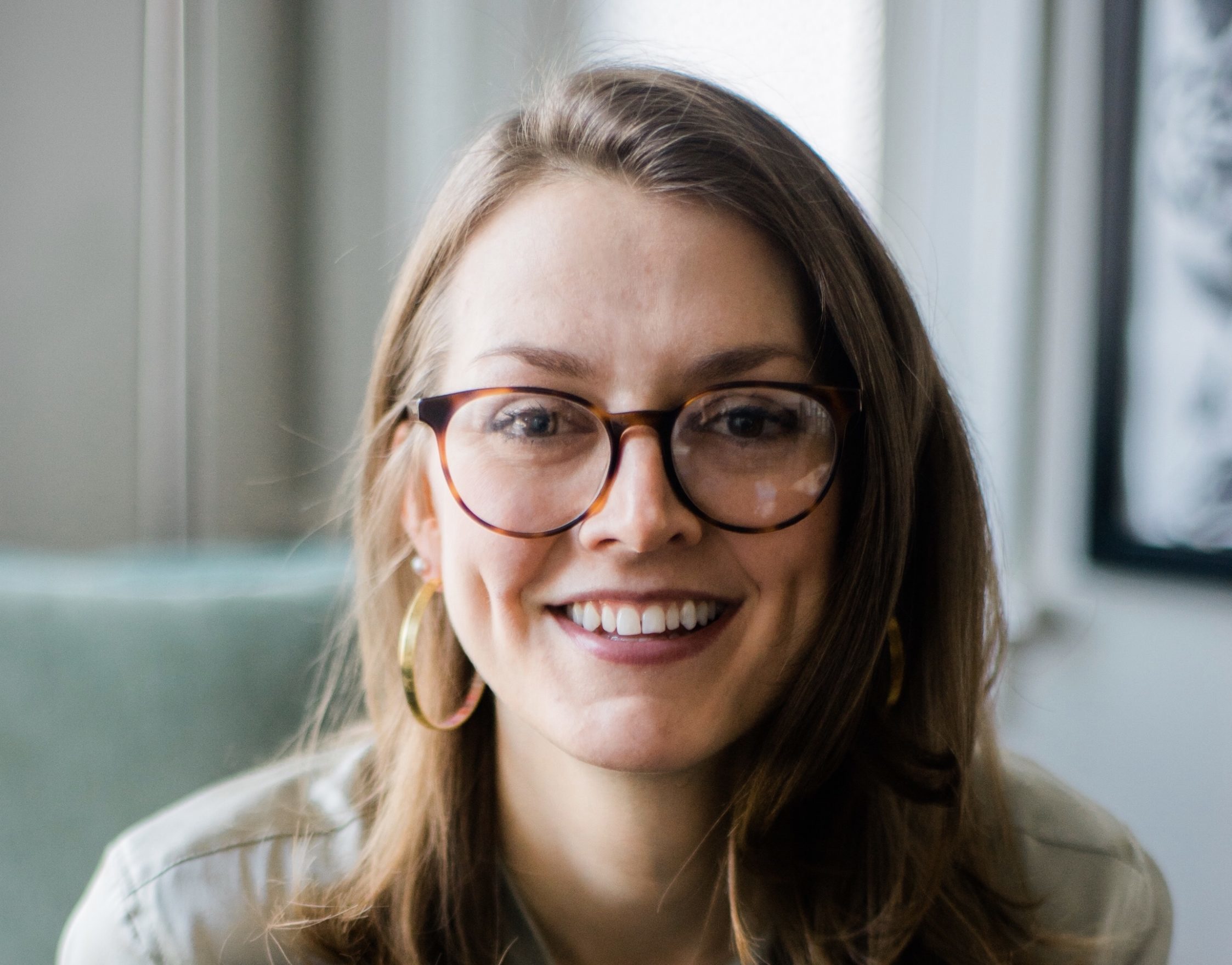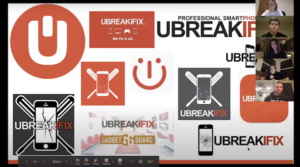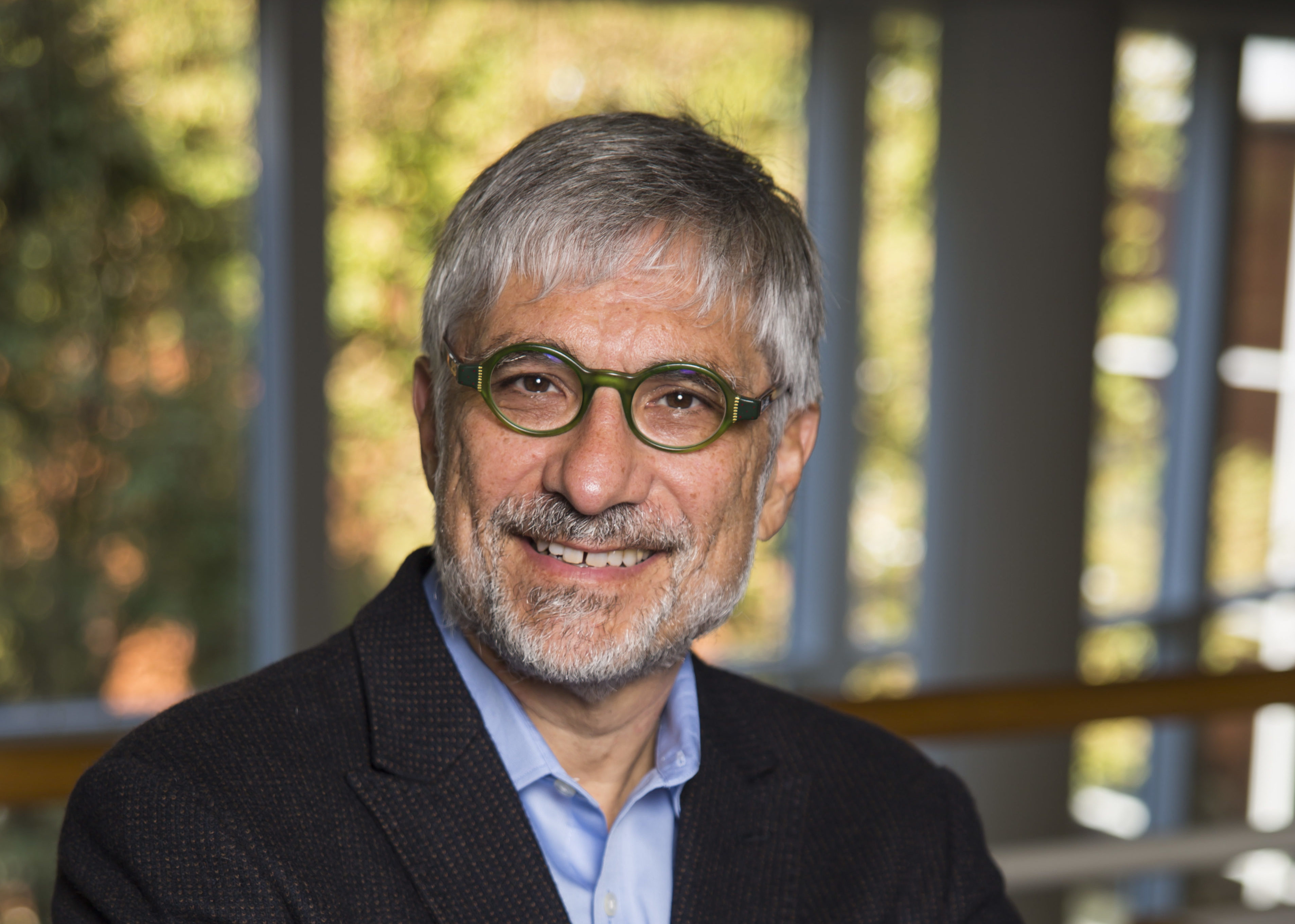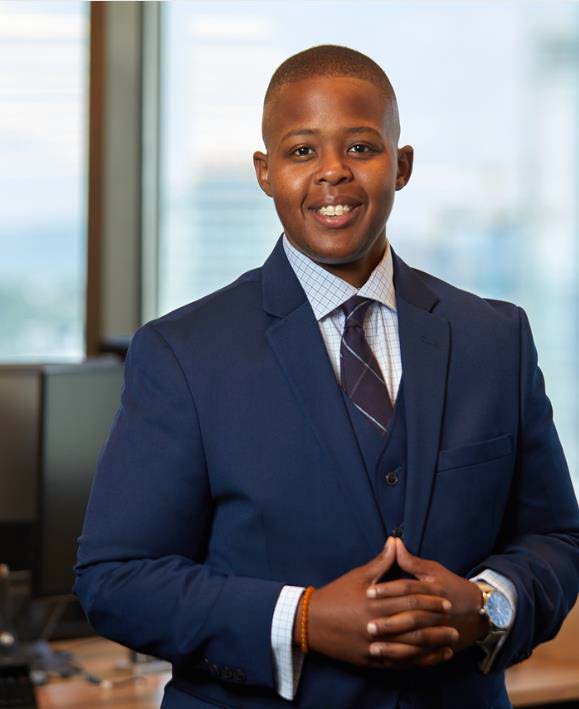Events & Promotions
|
|

GMAT Club Daily Prep
Thank you for using the timer - this advanced tool can estimate your performance and suggest more practice questions. We have subscribed you to Daily Prep Questions via email.
Customized
for You
Track
Your Progress
Practice
Pays
Not interested in getting valuable practice questions and articles delivered to your email? No problem, unsubscribe here.
- Nov 20
07:30 AM PST
-08:30 AM PST
Learn what truly sets the UC Riverside MBA apart and how it helps in your professional growth
Kudos
Bookmarks
| FROM Owen Press Releases: Top 10 MBAs for Human Resources Management 2020 |
|
The post Top 10 MBAs for Human Resources Management 2020 appeared first on Vanderbilt Business School. |
This Blog post was imported into the forum automatically. We hope you found it helpful. Please use the Kudos button if you did, or please PM/DM me if you found it disruptive and I will take care of it.
-BB
Kudos
Bookmarks
| FROM Owen Press Releases: Path to the Promotion: Manager of Enterprise Financial Systems, FedEx |
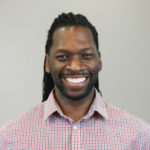 Jared Johnson Jared Johnson obtained his undergraduate degree in industrial engineering in 2000. He had a resume built for an international career and was about to return from a year working in London when two planes hit the twin towers in New York. “I came back right after September 11, and a lot of the jobs I was looking at, at that point disappeared,” Johnson says. “I don’t know that I built my resume the right way, but it also seemed hard to figure out how to get back into the corporate world at that point.” Johnson ended up spending a decade working in retail with several entrepreneurial side ventures. But he still had his sights set on corporate America and eventually decided to take a step back in his earnings to take a step forward in his business career. “I just made the decision that I was going to get a job that used my education, and I was going to get my MBA,” Johnson says. “I started finding ways to tell my unique story and marry my education with the online customer service skills I honed for a decade.” Johnson started making his dreams a reality by taking an entry level position at FedEx corporate. Five years later, he is living his vision of being a manager at a Fortune 500 company through years of dedication and hard work — obtaining an MBA from Vanderbilt was a key part of his strategy. Click through the timeline below to see how Johnson made a complete career change and quickly climbed the corporate ladder with the help of a globally recognized Vanderbilt EMBA. The post Path to the Promotion: Manager of Enterprise Financial Systems, FedEx appeared first on Vanderbilt Business School. |
This Blog post was imported into the forum automatically. We hope you found it helpful. Please use the Kudos button if you did, or please PM/DM me if you found it disruptive and I will take care of it.
-BB
Kudos
Bookmarks
| FROM Owen Press Releases: Summer Reading for Faculty, Staff, and Students at Vanderbilt Business |
|
The following is taken from messages sent to the faculty, staff, and students of Vanderbilt Owen Graduate School of Management from Dean Johnson earlier this summer. Dear Community Members, Racism has no place at Owen. Equity, diversity, and inclusion lie at the heart of our school’s mission; I acknowledge that our work to foster these principles has been insufficient in driving equality and combating racism across our community. We are urgently working as a school to correct our course and accelerate progress. Right now, a lot of that work is being accomplished through existing organizations like our Diversity & Inclusion Advisory Board, a diverse body representing faculty, staff, and students. On the recommendation of the board, Ibram X. Kendi’s book How to be an Antiracist will be required reading for our entire community as we enter the new school year. It will be discussed at orientation, community panels, and other group events. Owen is purchasing digital copies of the book for all community members. If we hope to be an antiracist community and propagate antiracist behavior in the business world, it stands to reason that we need to learn what it is. This marks just one of many steps we will be taking in the coming year and beyond to pursue our mission. I look forward to telling you about them in the weeks and months ahead. Warmest Regards, [img]https://cdn.vanderbilt.edu/vu-business/wp-content/uploads/2020/06/01161851/Eric-Johnson-Black-300x54.jpg[/img] M. Eric Johnson, Ralph Owen Dean Bruce D. Henderson Professor of Strategy The post [url=https://business.vanderbilt.edu/news/2020/06/30/summer-reading-for-faculty-staff-and-students-at-vanderbilt-business/]Summer Reading for Faculty, Staff, and Students at Vanderbilt Business[/url] appeared first on [url=https://business.vanderbilt.edu]Vanderbilt Business School[/url]. |
This Blog post was imported into the forum automatically. We hope you found it helpful. Please use the Kudos button if you did, or please PM/DM me if you found it disruptive and I will take care of it.
-BB


